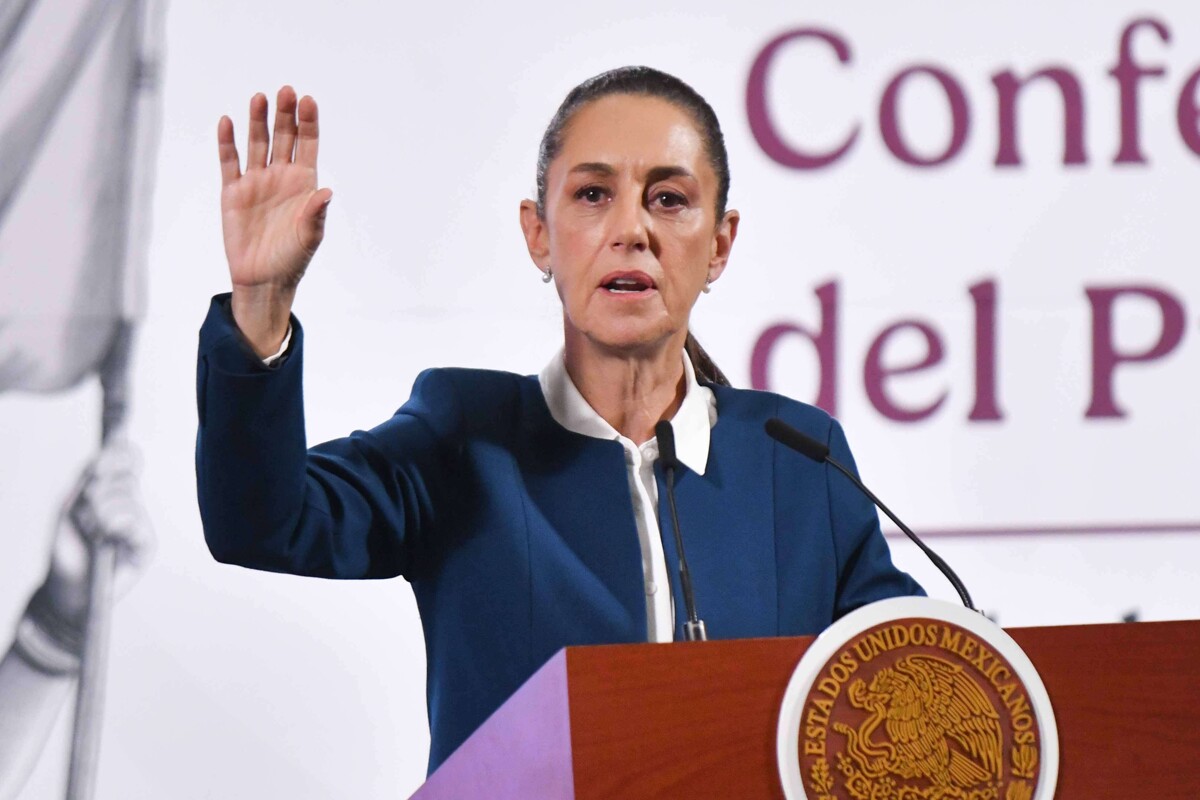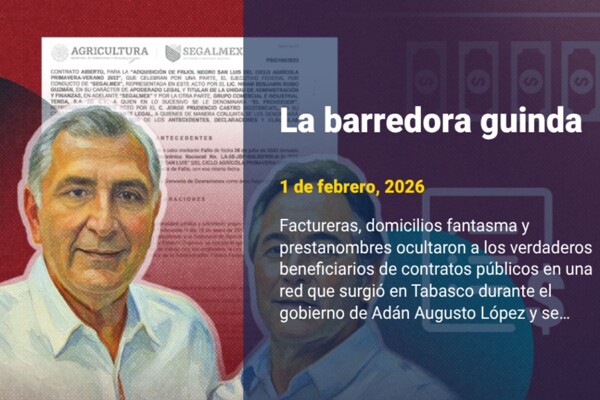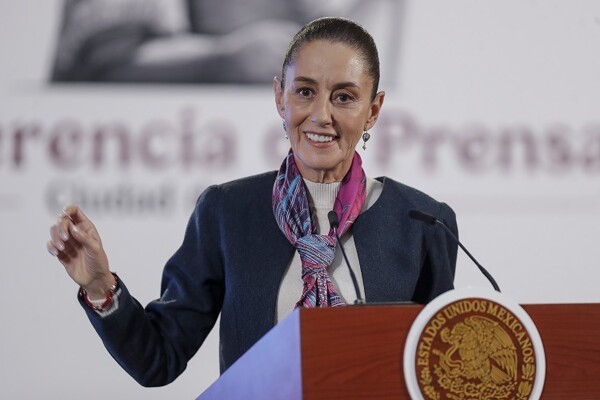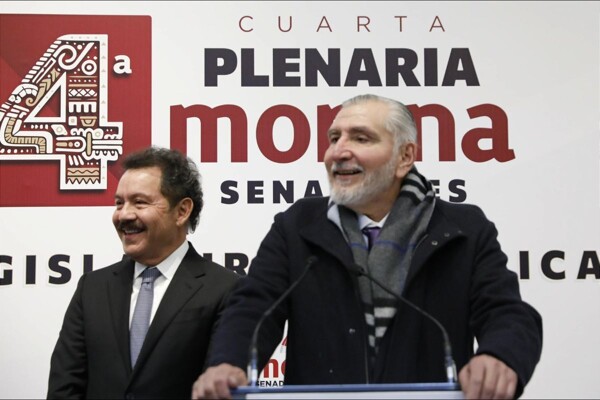
The president of Mexico, Sheinbaum, took office with fewer checks than her predecessor, López Obrador. Despite this, her arrival to power has not contributed to making the system or her management more democratic. Although the current situation does not favor Sheinbaum, as she has few institutional limits, almost non-existent opposition, and a passive civil society.
A clear example of the lack of support for Sheinbaum was evident in the Senate, where her own coalition rejected the immediate application of a reform proposed by herself. This shows that the president does not have the capacity to impose her will, raising doubts about her commitment to democratic strengthening.
Although Sheinbaum seems to have almost unlimited power in the new regime, her ability to impose her decisions is questioned both by internal conflicts in her coalition and external pressures, such as tariffs imposed by Trump and the country's economic fragility. The perception of authoritarianism and lack of balance in her mandate is reinforced by various disputes and internal movements within Morena.
The president, despite her electoral victory and the approval of key reforms, faces challenges that call into question her leadership and her ability to consolidate herself within her own party. The lack of clear checks on her power, the passivity of civil society, and weak opposition do not guarantee a more democratic exercise of power under her mandate. In summary, although Sheinbaum seems to enjoy absolute power, she is far from having complete control of the situation and faces both internal and external obstacles in her management as president.














